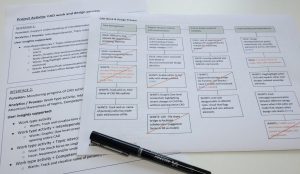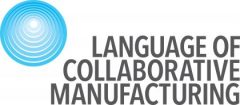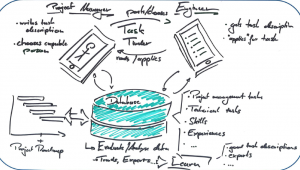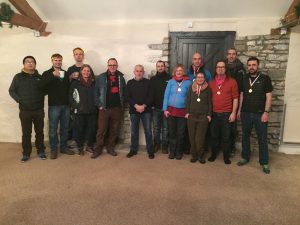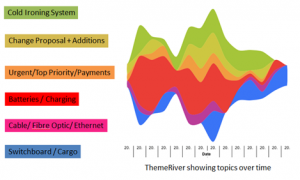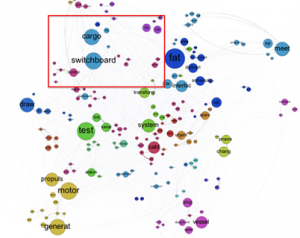Research effort has been primarily focused on three areas this quarter to July: presentation of conference papers, development of the framing of the research with respect to engineering Project Health Monitoring (ePHM), and holding industrial workshops.
Conferences
For the first, we’re delighted to say we’ve picked up not one, but two awards for outstanding contributions to Design ’16 and Design Computing and Cognition ’16. Check out our Publications page for more details.
Framing our Work
Secondly, following an ongoing and extensive period of framing and re-framing, the underlying constructs and methods created as part of the project, we have converged on a model of engineering Project Health Monitoring (ePHM). This model is a contextualisation and extension of the accepted model of IVHM (Intelligent Vehicle Health Monitoring):
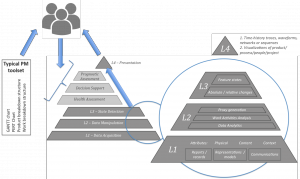
Workshops
In the Q10 report we summarised the design and format of our user-drive workshop. In particular, the workshops last 2.5-3hrs and involve three stages. The first stage is a general discussion and brainstorm of the factors that impact the performance of engineering projects. The second stage involves that ranking of the relative importance of the set of project feature that we have developed. Further, participants are asked to rate the level of understanding of these features afforded by their current tool set. The third stage is an interactive design sessions. Here the aim is for participants to individually then collaboratively develop concepts for supportive dashboards for engineering projects:
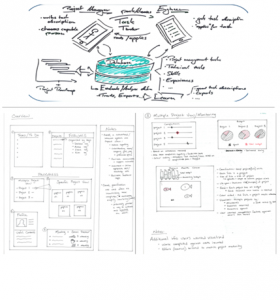
To date we have held three workshops: The first was with the Strategic Project Office of the University of Bristol, the second was with Frazer Nash Consultancy, and the third was held in Croatia with a mix of participants from industry and academia. Over 70 people have participated to date. We are planning further workshops with with an industrial partner in August and Formula Student teams later in the year.
